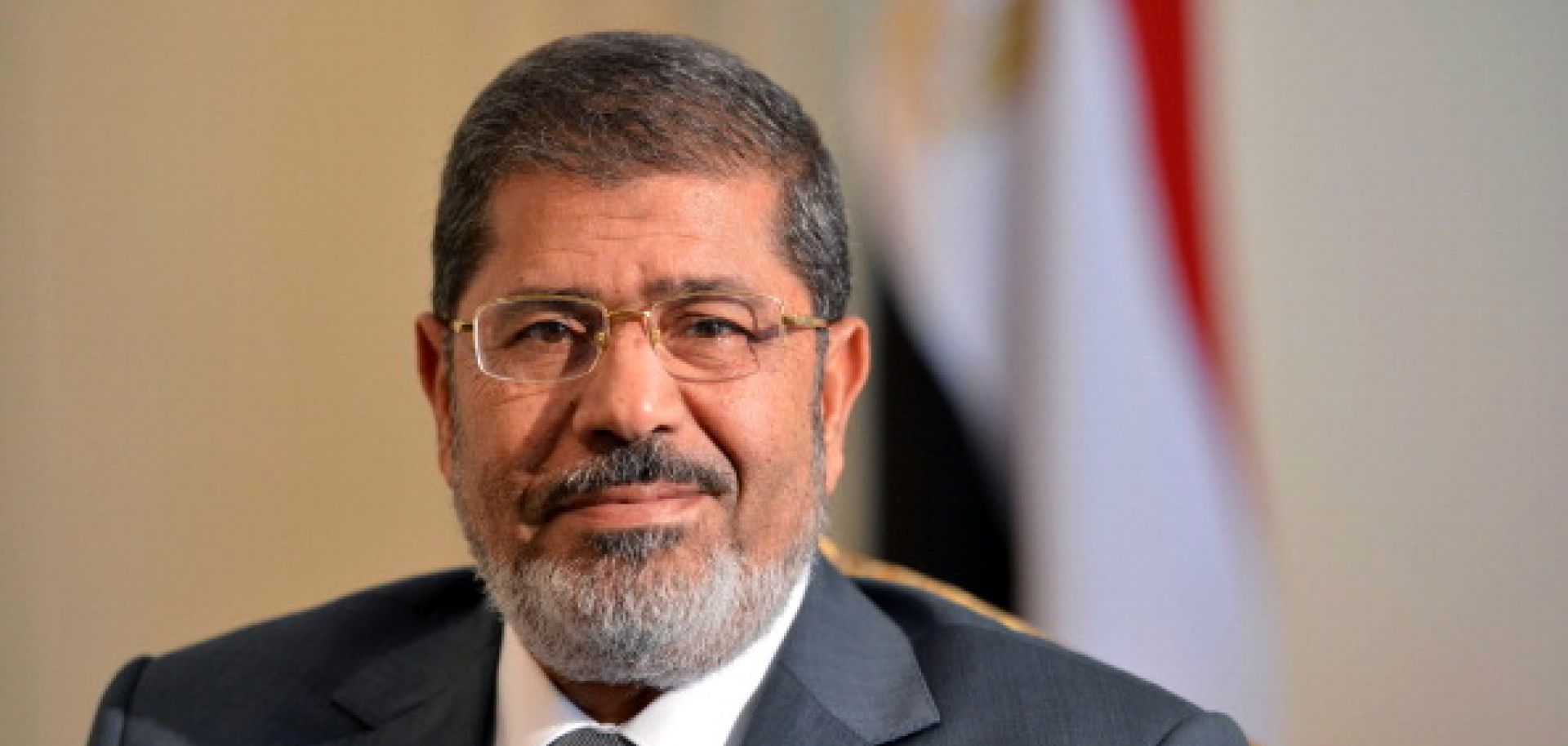ASSESSMENTS
Egypt's Evolving Civil-Military Relations
Aug 13, 2012 | 21:55 GMT

KHALED DESOUKI/AFP/GettyImages
Summary
Egyptian President Mohammed Morsi on Aug. 12 announced the retirement of the country's top five officers from military service. Defense Minister and head of the Supreme Council of the Armed Forces Field Marshal Mohamed Hussein Tantawi and army Chief of Staff Lt. Gen. Sami Annan were both given top civilian posts as advisers to the president, while the air and naval chiefs along with the air defense chief were also retired from service and given top civilian positions. Second-tier commanders took over from the retired officers, while unconfirmed reports in Egyptian media suggest that the deputies of the promoted commanders have taken over the posts vacated by their superiors.
Subscribe Now
SubscribeAlready have an account?
